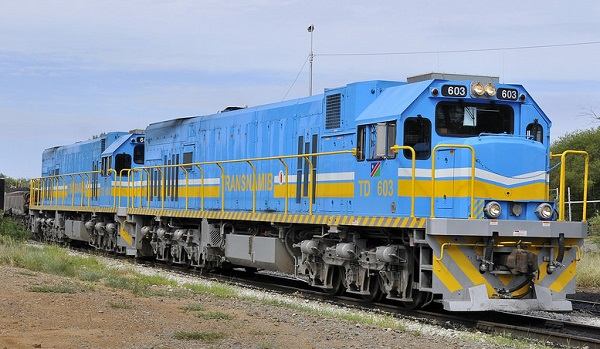
Pre-emptive move to identify fiscal risks outside the budget casts a different light on government liabilities

On 16 August the International Monetary Fund released a new country report for Namibia specifically looking at the additional risks posed by the liabilities of state-owned enterprises, and by perceived risks from public private partnerships once this mechanism gathers steam.
This report does not form part of the usual so-called Article IV Consultations which the IMF conducts with the Ministry of Finance around October and November every year. It is a stand-alone report and it is very specific in the entities that it analysis to get to an assessment of their level of systemic risk, first for the government’s budgetary process but also for the broader economy.
Although the report’s title page is dated March 2018, the official release was only last week. It is not clear what the reason for this is but there are other, smaller indications in some areas of the 78-page document that hint at a “work in progress.” Another key observation, in my mind, is that the report was commissioned by the Ministry of Finance, indicating that there must be some concerns in government circles about the risk of government guarantees suddenly and unexpectedly becoming fiscal liabilities.
The IMF describes their mandate like this: “At the request of the Ministry of Finance (MoF) of Namibia, a mission of the IMF’s Fiscal Affairs Department (FAD) visited Windhoek during January 17–31, 2018 to analyze main source of fiscal risks, notably Public-Private Partnerships (PPPs) and Public Entities (PEs), and advise on options for better monitoring, managing and reporting these risks.”
As one works through the content, a picture gradually emerges that there is no coordinated framework for the government to make its own assessment of fiscal risk from the many entities which it controls as shareholder. But ultimately, in the later pages, it transpires that almost all risk stems from a very small portfolio of seven “problem children”, all with which we are very familiar.
When I looked at the tables discussing analysis and recommendations in more detail, it stood out that TransNamib and Air Namibia are the two biggest culprits, and that other seemingly more innocent entities like the University of Namibia, are not far behind.
Specifically the two transporters made me rethink the concept of company value, at least in terms of revenue and profit. For example, take TransNamib. How does one determine the value of a 100-metre reserve stretching over almost 3000 kilometres. It translates to 10 hectares every kilometre meaning the rail company controls around 30,000 hectares in land excluding the enormous land holdings they have for stations, yards, sidings, and what not.
The IMF says bluntly TransNamib is technically bankrupt. Of this I am not so sure. It remains to be seen exactly what the value of all the assets is, including rolling stock, and all the other paraphernalia required to run a national railway network. Despite substantial accumulated debts, also mentioned in the report, I believe a fair valuation of TransNamib will rather consider its ‘operational value’ instead of its book value.
Air Namibia is perhaps an easier case. It does not own any land or structures. These have all fallen to the Airports Company, and as far as I know it does not own any of the aircraft it operates. These are all leased. So the only possible valuation model is its ability to generate revenues by flying people around. Its value is contained purely in its operations and the fact that it is a going concern. The IMF thinks Air Namibia is also bankrupt and with this I have to agree, unfortunately.
But when I noticed that the IMF team lamented the lack of data on parastatals, I realised that the problem with these loss-makers is 90% governance and only 10% operational. For instance, TransNamib has last published annual financial statements for 2015/16, UNAM for 2016, and Air Namibia not since 2012.
This means either the directors do not know what is going on with their companies’ finances, or they have been instructed not to divulge the true extent of the damage. How does one justify serving as a director of a state-owned enterprise, earning a director’s fee, and allow that the most basic, fundamental pivot of all governance, the financial statements, are not up to date. It goes beyond belief.
PPPs
The assessment of potential risk from public private partnerships starts on page 36 and runs to page 50. Because the existing number of projects that fall under this definition is small and the projects themselves are fairly small, the IMF team had to lean on a number of case studies. I am not saying this part of the report is less important but it certainly is less relevant given the enormous difference in risk weight between the state-owned enterprises and public private partnerships.
From page 63 to 78, the report covers mostly case studies based on other countries, so for the time being, we can ignore this part, but the glaring governance issues that surface throughout the entire document, can only be ignored at our peril.
Download the full report from:








































